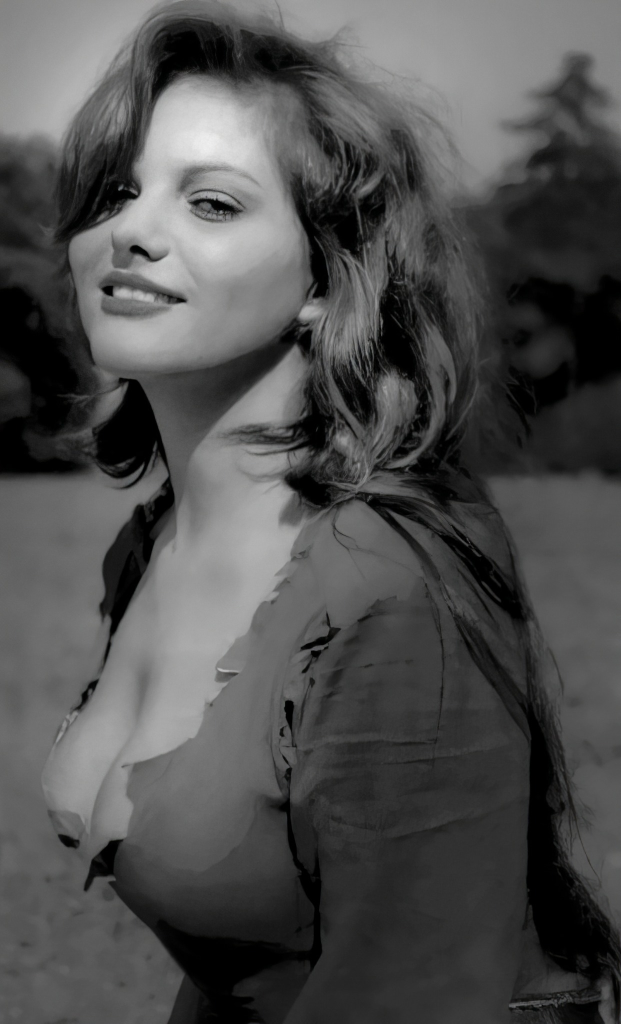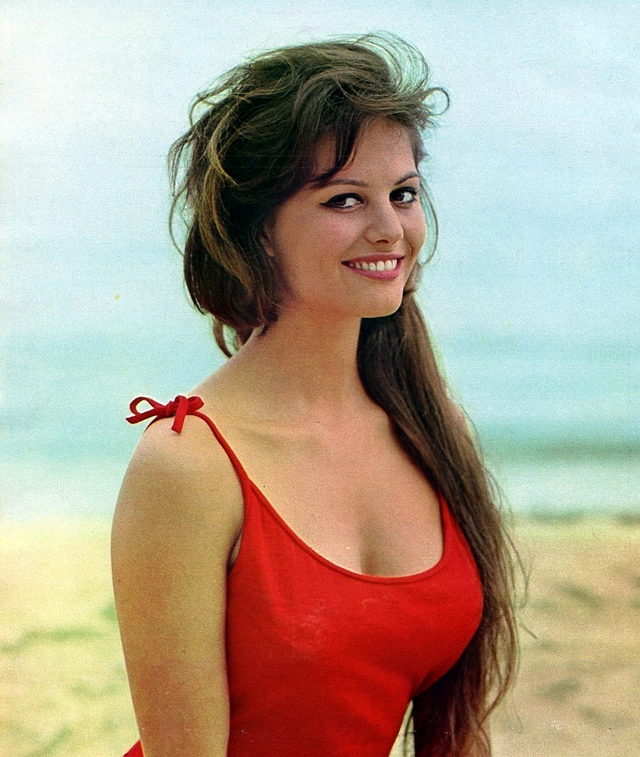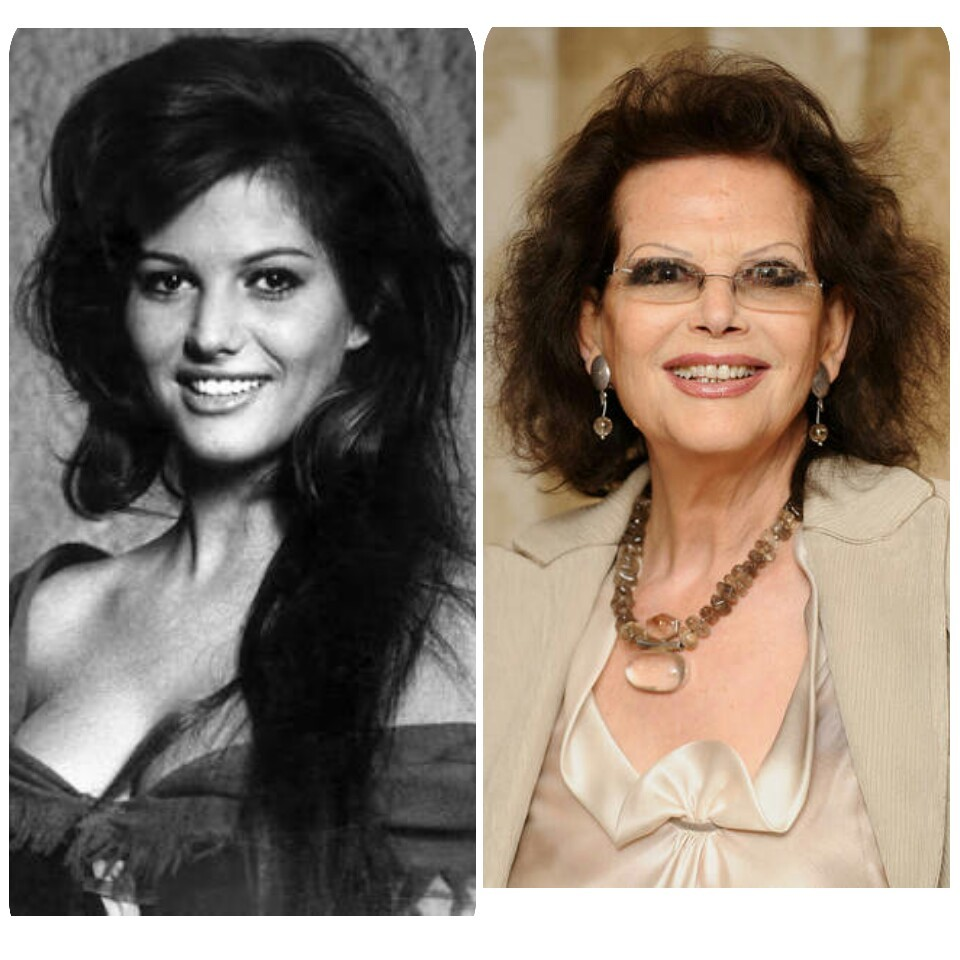Claudia Cardinale is one of the most celebrated actresses in film history, known for her beauty, talent, and commanding screen presence. From her breakout roles in Italian cinema to her Hollywood successes, Cardinale has left an indelible mark on the industry. Her story is not only about fame but also about resilience, independence, and an unbreakable spirit.

From Tunisia to International Stardom
Claudia Cardinale was born Claude Joséphine Rose Cardinale on April 15, 1938, in Tunis, Tunisia. She grew up in a multicultural household, speaking French, Arabic, and Sicilian. Despite later becoming a symbol of Italian cinema, she did not speak Italian fluently in her early years.
Her journey to fame began unexpectedly in 1957 when she won the “Most Beautiful Italian Girl in Tunisia” competition. The prize was a trip to the Venice Film Festival, where she caught the attention of film producers. Though she initially had no interest in acting, the industry quickly recognized her potential, and she was offered contracts that would change her life forever.
Video: Looking Back to Fascinating Beauty of Young Claudia Cardinale
The Rise of an Italian Film Star
Cardinale’s career took off in the late 1950s and early 1960s with roles in critically acclaimed Italian films.
She gained international attention with movies like Rocco and His Brothers (1960), Girl with a Suitcase (1961), and The Leopard (1963), in which she starred alongside Burt Lancaster and Alain Delon. Her role in Federico Fellini’s 8½ (1963) further cemented her status as a major star.
With her stunning looks and undeniable screen presence, she was often compared to other European icons such as Sophia Loren and Brigitte Bardot. However, unlike many of her contemporaries, Cardinale refused to be typecast as just a beautiful woman. She took on complex, challenging roles that showcased her talent beyond her physical appeal.
Hollywood and International Success

Her success in Europe led her to Hollywood, where she starred in major films alongside some of the biggest names in the industry.
In The Pink Panther (1963), she played Princess Dala, capturing the hearts of audiences worldwide. She went on to appear in Blindfold (1965) with Rock Hudson, The Professionals (1966) with Burt Lancaster and Lee Marvin, and the legendary Once Upon a Time in the West (1968), directed by Sergio Leone.
Despite her success in Hollywood, Cardinale was not comfortable with the industry’s demands. She disliked the rigid contracts and the pressure to conform to a certain image. Unlike many European actresses who fully transitioned to Hollywood, she chose to return to Italy, where she had greater control over her career.
A Life of Personal Struggles and Strength

While Cardinale’s career flourished, her personal life was filled with challenges. As a teenager, she had an unexpected pregnancy, a situation that was kept secret for years due to industry pressure. Franco Cristaldi, the film producer who managed her career, arranged for her son Patrick to be raised as her younger brother.
Cristaldi, who later became her husband, was known for being controlling. He managed nearly every aspect of her career, limiting her personal freedom. Their relationship lasted until 1975 when Cardinale finally broke free from his influence.
Shortly after, she met director Pasquale Squitieri, who became her lifelong partner. Their relationship was based on mutual respect, and she frequently collaborated with him in films. Unlike her first marriage, Squitieri allowed her the independence she had long been denied. The couple remained together until his passing in 2017.
Cardinale has two children—Patrick, from her early relationship, and Claudia, her daughter with Squitieri. Despite the challenges of balancing motherhood and a demanding career, she always prioritized her family.
A Voice for Women’s Rights
Video: Claudia Cardinale Transformation. From 1 To 84 Years Old
Beyond her work in cinema, Cardinale has been a strong advocate for women’s rights. Since 2000, she has served as a UNESCO Goodwill Ambassador for the Defense of Women’s Rights, using her influence to speak out against gender inequality and domestic violence.
Unlike many actresses of her time, Cardinale never conformed to Hollywood’s expectations of beauty and femininity. She refused to take roles that required her to be merely eye candy, instead opting for characters with depth and complexity. Her resilience and independence made her not just a film icon but also a symbol of female empowerment.
A Lasting Legacy in Cinema

Even in her later years, Cardinale continued acting in both films and theater, proving that true talent has no expiration date. She has received numerous lifetime achievement awards, including the Golden Lion at the Venice Film Festival and the Honorary Golden Bear at the Berlin Film Festival.
She has remained active in the industry while maintaining her private life in Paris. Unlike many of her contemporaries, she never sought excessive fame or Hollywood stardom. Instead, she built a career on her own terms, choosing projects that resonated with her rather than chasing commercial success.
Conclusion: An Actress Like No Other
Claudia Cardinale’s story is one of talent, strength, and perseverance. She conquered both European and Hollywood cinema while maintaining her integrity and independence. From her early days as an unwilling actress to becoming a global icon, she has remained true to herself, never allowing fame to define her.
Her legacy is not just in the films she made but in the barriers she broke for women in the film industry. Decades later, she continues to inspire, proving that true beauty and talent are timeless.


